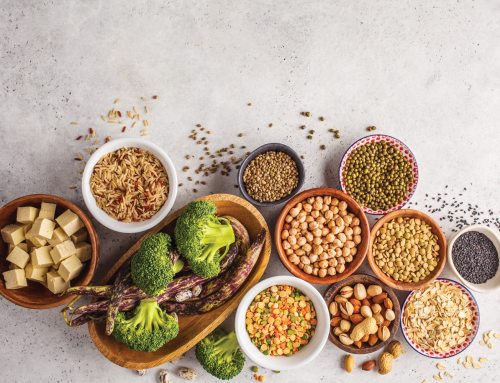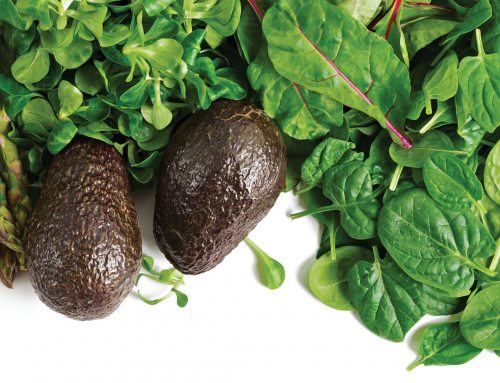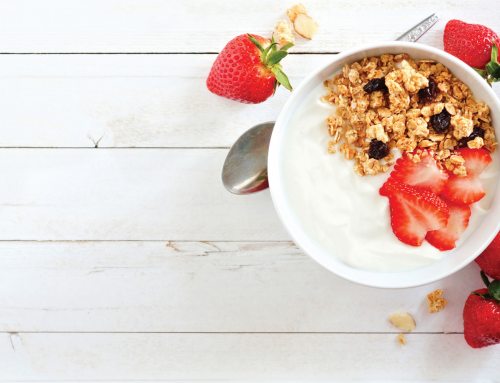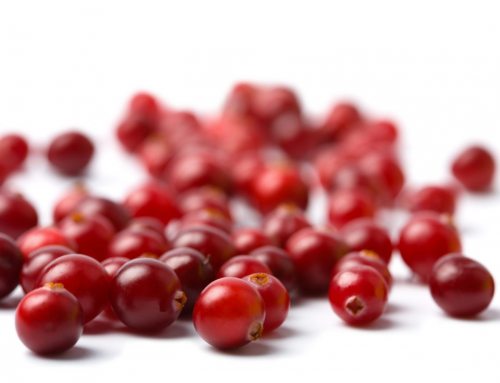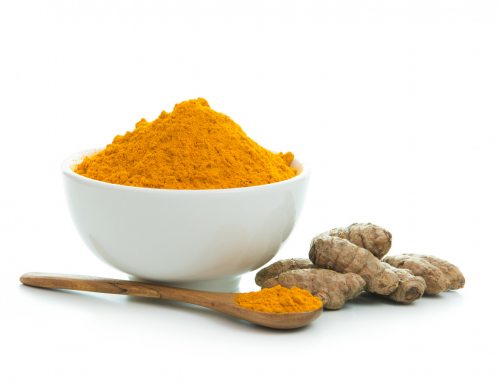Incorporating colorful and delicious berries into your daily diet is a smart and easy way to eat healthy. Berries are high in fiber and packed with vital nutrients, such as antioxidants, that are important to good health. Antioxidants found in foods such as strawberries, blueberries, raspberries, and blackberries help protect cells from harm caused by free-radicals, or molecules responsible for aging and certain diseases. When our body uses oxygen, we naturally produce free-radicals, which can damage our cells. Antioxidants can help prevent or slow this damage.
One cup of strawberries contains more than 100 milligrams of vitamin C, almost as much as a cup of orange juice. You need vitamin C for immune system function and for strong connective tissue. Strawberries also add a bit of calcium, magnesium, folate, and potassium and have only 53 calories. One cup of blueberries offers a smaller amount of vitamin C, minerals, and phytochemicals for only 83 calories. The same amount of cranberries is similar, but with only 44 calories, one cup of raspberries offers vitamin C and potassium for 64 calories.
Fresh or Frozen?
Fresh fruits and vegetables destined to be shipped to the fresh-produce aisles around the country typically are picked before they are ripe, which gives them less time to develop a full spectrum of vitamins and minerals. Some ripening may still occur, but these fruits and vegetables will never have the same nutritive value as those that are allowed to fully ripen on the vine. In addition, during the long haul from farm to fork, these foods are exposed to lots of heat and light, which degrade some nutrients, especially delicate vitamins like C and the B vitamin thiamin. On the other hand, fruits destined to be frozen are usually picked at the peak of their ripeness. While the first step of freezing vegetables – blanching them in hot water or steam to kill bacteria and arrest the action of food-degrading enzymes – causes some water-soluble nutrients like vitamin C and the B vitamins to break down or leach out, the subsequent flash-freeze locks the fruit in a nutrient-rich state.
Bottom line: Local, in-season fruits and vegetables are best, but eat them soon after purchase. “Offseason” frozen fruit will also give you a high concentration of nutrients. However, over many months, nutrients in frozen fruit and vegetables do inevitably degrade. Steam or microwave your vegetables rather than boiling them to minimize the loss of water-soluble vitamins.


